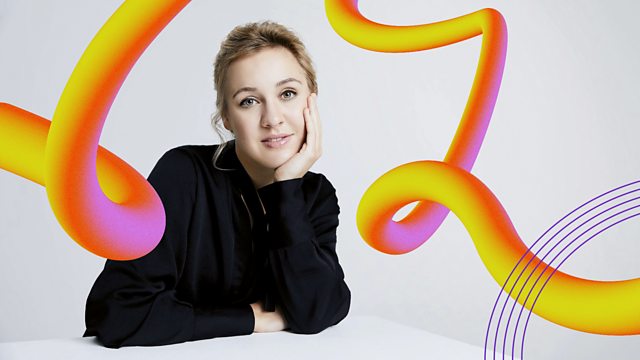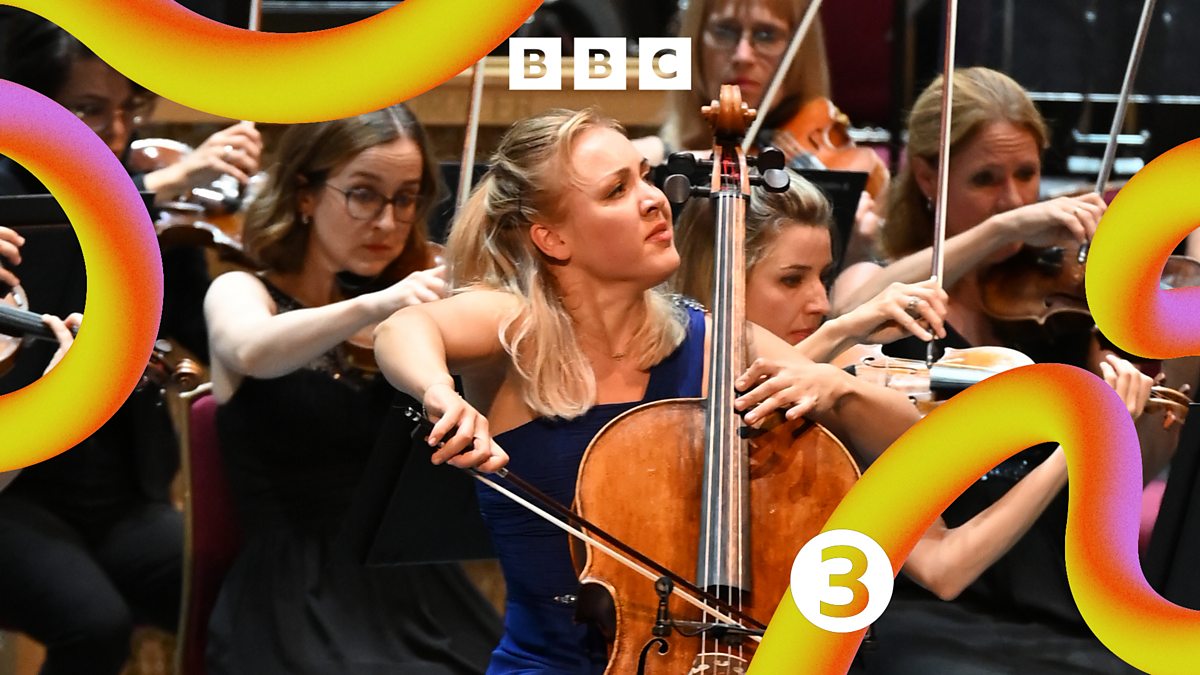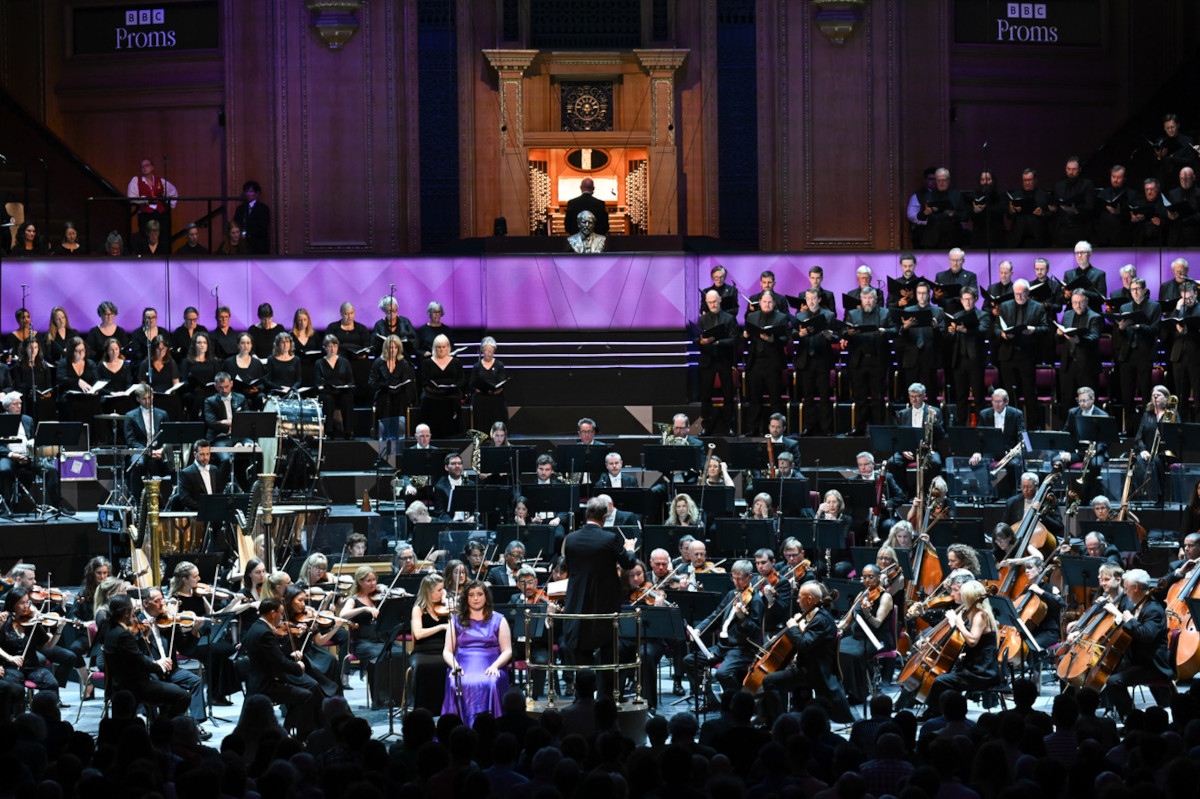Saturday 3 August 2024
19:30
Royal Albert Hall
Jonathan Harvey: Tranquil Abiding (first performance at The Proms)
Elgar: Cello Concerto in E minor, op. 85
[Encore: Kaija Saariaho: Sept Papillons - No. 2 (first performance at The Proms)]
Interval
Holst: The Cloud Messenger (first performance at The Proms)
Jess Dandy, contralto
Senja Rummukainen, cello (Proms debut artist)
BBC Symphony Chorus
BBC Symphony Orchestra
Sakari Oramo, conductor
19:30
Royal Albert Hall
Jonathan Harvey: Tranquil Abiding (first performance at The Proms)
Elgar: Cello Concerto in E minor, op. 85
[Encore: Kaija Saariaho: Sept Papillons - No. 2 (first performance at The Proms)]
Interval
Holst: The Cloud Messenger (first performance at The Proms)
Jess Dandy, contralto
Senja Rummukainen, cello (Proms debut artist)
BBC Symphony Chorus
BBC Symphony Orchestra
Sakari Oramo, conductor







Comment